The Business Logic Behind Token Utility and Buybacks

Dimitra Incorporated
New Horizon Building, 3-1/2 Miles Philip S.W. Goldson Highway, Belize City
info@dimitra.io
New Horizon Building, 3-1/2 Miles Philip S.W. Goldson Highway, Belize City
info@dimitra.io
Dimitra Technology is proud to announce its partnership with the Mafcom/Mafricom Group to support European Union Deforestation Regulation (EUDR) compliance for coffee exports. One of the largest food and beverage conglomerates in Central and West Africa, Mafcom/Mafricom will use Dimitra’s EUDR Web Portal to ensure its coffee sourcing operations meet the EU’s strict deforestation-free traceability requirements.
New Horizon Building, 3-1/2 Miles Philip S.W. Goldson Highway, Belize City
info@dimitra.io
This week’s announcement of a potential postponement to the EU Deforestation Regulation (EUDR) created understandable turbulence in the market. Today, with a clearer view, the outlook does not seem as uncertain as it did at first.
New Horizon Building, 3-1/2 Miles Philip S.W. Goldson Highway, Belize City
info@dimitra.io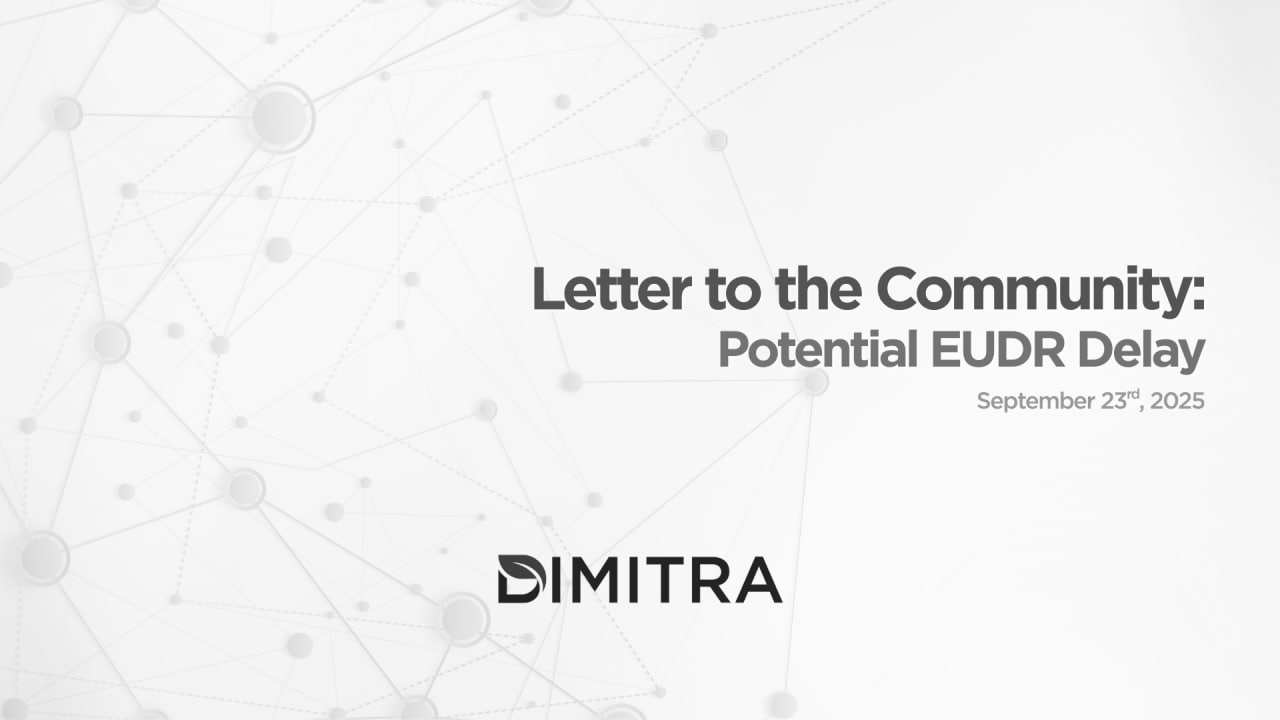
Here is the most recent Letter to the Community regarding the potential EUDR delay.
“Regardless of the final outcome, we remain confident that our proactive approach will ensure our clients and partners are fully prepared to succeed once the regulation is enforced. The delay does not change our long-term mission, nor does it diminish the value of our solutions. On the contrary, it reinforces the importance of working with a trusted technology provider to prepare for compliance and sustainability before the new deadlines.
We have begun engaging our customers who may be impacted by this potential delay and trying to understand immediate implications to our agreements. Initial feedback is that they still need to comply and are interested in ESG and Carbon components of the respective deals. We will update the community as we have solid information from decision makers in each market.”
New Horizon Building, 3-1/2 Miles Philip S.W. Goldson Highway, Belize City
info@dimitra.io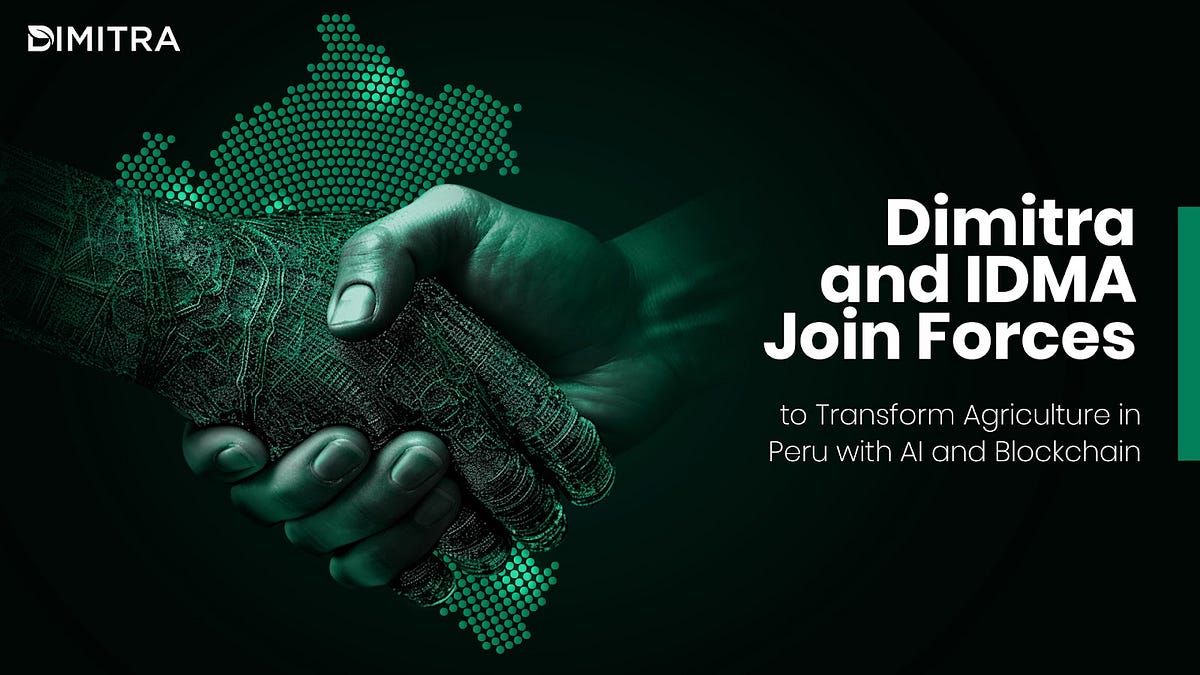
New Horizon Building, 3-1/2 Miles Philip S.W. Goldson Highway, Belize City
info@dimitra.io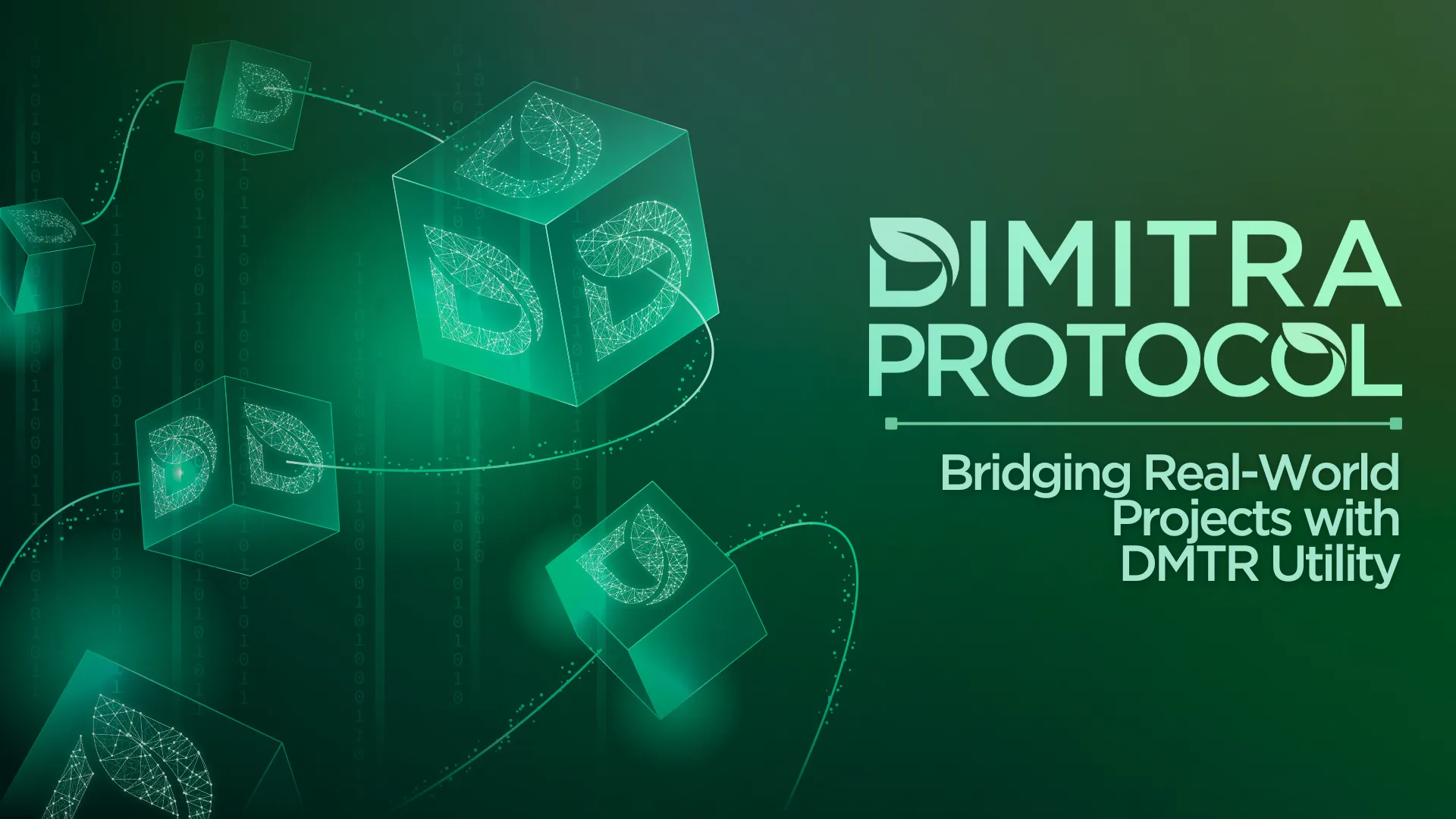
New Horizon Building, 3-1/2 Miles Philip S.W. Goldson Highway, Belize City
info@dimitra.io
To Our Valued Community,
First and foremost, we want to express once again our deep regret for the recent events that have impacted both you and the Dimitra team. While our commitment to security has always been a priority — with safeguards such as cold wallets and, in some cases, requiring multiple signatures for transaction approvals — these measures, unfortunately, proved insufficient in this specific instance. We acknowledge the need to implement additional protective measures and sincerely apologize for not fully meeting the trust you’ve placed in us.
New Horizon Building, 3-1/2 Miles Philip S.W. Goldson Highway, Belize City
info@dimitra.io
Dear Dimitra Community,
First, we would like to thank the community for your outstanding support over the last 24 hours. We recognize the difficulty and stress this situation has caused, and it’s clear that we have a community that truly stands together. Please know that we remain committed to transparency, keeping you informed every step of the way as the situation unfolds.
For those wanting to learn more, on the evening of January 26th, one of our cryptocurrency wallets was hacked. Our team is actively investigating the situation to determine the scope of the incident. We are committed to transparency and will provide updates, including the next steps, as soon as possible.
New Horizon Building, 3-1/2 Miles Philip S.W. Goldson Highway, Belize City
info@dimitra.io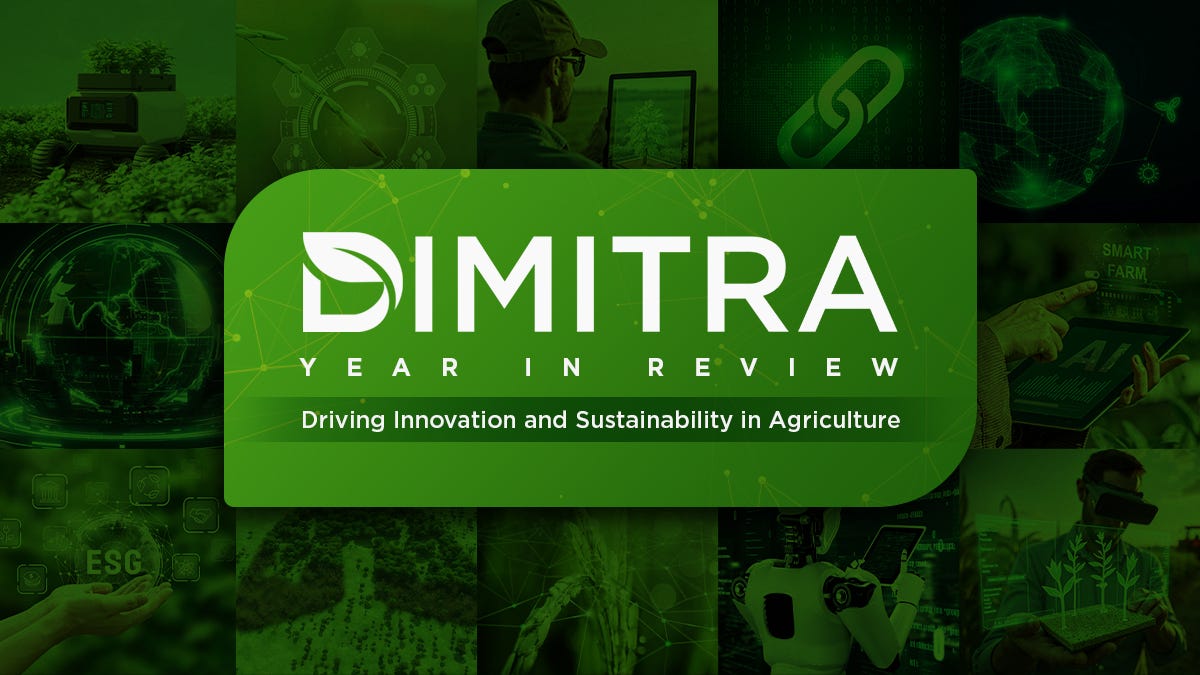
As 2024 comes to a close, Dimitra reflects on a year defined by technological breakthroughs, impactful collaborations, and a commitment to empowering global agriculture through sustainability and innovation. From advances in AI and blockchain to global partnerships driving change, Dimitra continues to lead the AgTech revolution.
Dimitra strives to help developing countries in ways that go beyond agricultural technological development. We have also undertaken course development in software programming skills, in areas that include Web Development and Mobile App Development, including the application of the most recent developments in LLM based software development and testing AI agents and tools.
Our goal with these educational efforts is to provide opportunities for local youth to learn valuable skills and to provide technological employment opportunities that allow skills development opportunities that allow the fostering of local technological entrepreneurship. Course development in Machine Learning, Web3/Blockchain and Agronomic Sciences are next in our global training roadmap.
Here’s a look at the milestones, regional achievements, and leadership changes that defined 2024.
Dimitra’s efforts in Latin America this year have showcased the region’s critical role in advancing sustainable agriculture through innovative technology and strategic partnerships.
Transformative Success Stories
Strategic Partnerships
Regional Events
Dimitra’s presence at key events underscored its commitment to innovation and sustainability:
Through its initiatives and collaborations, Dimitra continues to lead agricultural transformation in Latin America, driving compliance, sustainability, and growth.
New Horizon Building, 3-1/2 Miles Philip S.W. Goldson Highway, Belize City
info@dimitra.io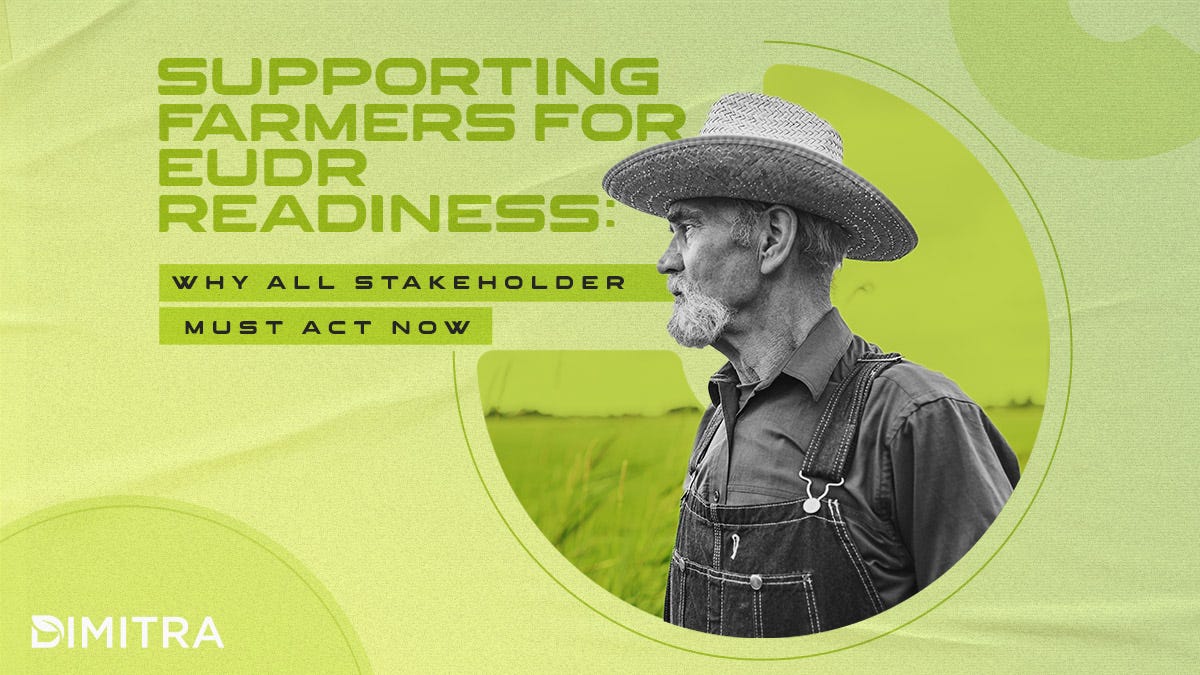
The European Union Deforestation Regulation (EUDR) has officially passed, and while the media may frame its “phasing-in” as a delay, the reality is quite different. This misconception could be harmful to not only farmers but also traders, operators, and other stakeholders who mistakenly believe they have ample time to prepare. The truth is that this phasing-in period is not a delay — it is a crucial window for preparation, particularly for those at the end of the chain who must support farmers to get the job done.
The EUDR law is here to stay, and the EU Commission has recently confirmed a 12-month phasing-in period, not as a delay but as an opportunity for everyone along the supply chain to align their systems and practices with the new regulations. By the end of this period, full compliance will be mandatory. Large companies have until December 30th, 2025, and Small and Medium Enterprises (SMEs) until June 2026.
However, this extra time is not an excuse to wait — it’s a call for action, especially for operators in the EU. They hold the key to enabling farmers to prepare and meet the new standards.
Preparing for EUDR compliance is not solely a farmer’s responsibility — it requires coordinated action from every stakeholder, particularly those in key market positions. Farmers need help mapping their plots, while traders must gather and verify documentation. Exporters are responsible for validating supplier data, and cooperatives need traceability systems in place. Without the collaboration and support of operators at the end of the chain, farmers may struggle to meet the requirements on their own.
Key steps for all stakeholders include:
Dimitra’s expertise across commodities, origin operations, and trade uniquely positions us to guide not just farmers, but every stakeholder along the supply chain in achieving compliance. Our technology streamlines the process, reducing the burden on farmers by ensuring operators and traders are fully equipped to support them.
At Dimitra, we are already working with operators globally to ensure full EUDR readiness. Our comprehensive suite of solutions leverages AI, blockchain, IoT, and satellite technology to facilitate sustainability, traceability, and compliance at every stage. Here’s how we support the entire supply chain:
Dimitra’s holistic approach empowers all stakeholders, from farmers to operators, to meet EUDR compliance while improving sustainability and efficiency across the supply chain.
Time is of the essence for EUDR compliance. It’s not just farmers who must act, but also destination operators, traders, exporters, and cooperatives. Every player in the supply chain needs to begin preparations now, despite the extended timeline. Dimitra understands the complexity of implementing compliant processes, integrating software, and managing change — this is why we’re here to help every step of the way.
Our message is clear: start preparing now. The phasing-in period is an opportunity, not a delay. Don’t wait until the last minute — avoid last-minute scrambles and begin your compliance journey today with Dimitra’s comprehensive solutions. We are ready to guide you, ensuring that all stakeholders — from farmers to EU operators — are equipped to meet EUDR standards.
Visit dimitra.io or contact our team to learn how we can help you achieve EUDR compliance today.
New Horizon Building, 3-1/2 Miles Philip S.W. Goldson Highway, Belize City
info@dimitra.io